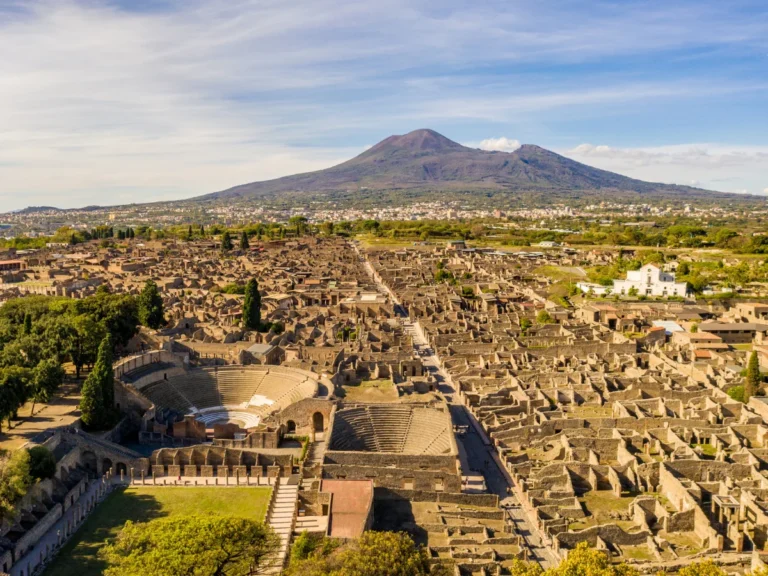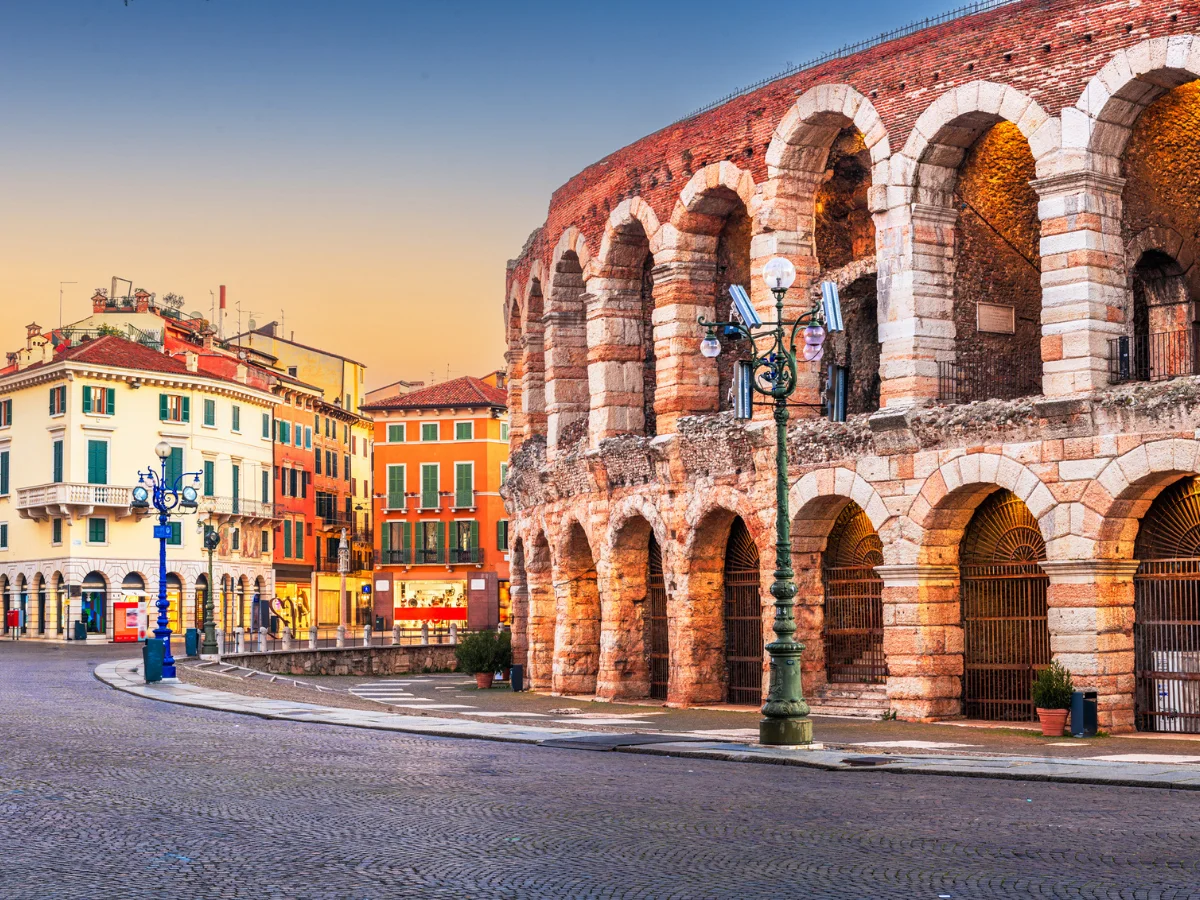Grammar schools in ancient Rome
Grammar schools in ancient Rome, known as “grammaticus,” were crucial for advancing literacy. They built upon the foundational education provided by elementary schools like the Ludus. These institutions focused on literature, poetry, and rhetoric, taught by dedicated teachers called grammatici. Attending a grammar school signaled privilege and prepared students for future academic and professional endeavors. Through the study of classical texts, students gained insights into Roman culture and society. The legacy of grammar schools persisted beyond the Roman Empire’s fall, influencing education in subsequent civilizations.

Grammar schools in ancient Rome
Introduction
Grammar schools were pivotal in the educational journey of ancient Romans, building upon the foundation laid by elementary schools like the Ludus.
Evolution of Education
As children advanced beyond the Ludus, grammar schools, or “grammaticus,” became the next stage in their academic progression.
Curriculum and Subjects
Grammar schools focused on refining literacy skills, delving deeper into literature, poetry, and rhetoric. Students studied texts from ancient Greek and Latin authors, honing their understanding of language and composition.
Teachers and Instruction
The grammaticus, often a freed slave or retired soldier with a passion for teaching, guided students through the complexities of language and literature. They employed various teaching methods, including lectures, discussions, and written assignments.
Social Significance
Attending a grammar school was a mark of privilege and status, as only children from affluent families could afford the tuition fees. The education provided at these schools was seen as essential for success in public life and higher education.
Cultural Influence
Through the study of classical literature and rhetoric, grammar schools played a significant role in preserving and promoting Roman culture and identity. Students gained insights into the values, history, and mythology of their society through the works of renowned authors.
Preparation for Higher Education
Grammar schools prepared students for further academic pursuits, including enrollment in rhetorical schools or philosophical academies. The skills acquired in these institutions were invaluable for careers in law, politics, and literature.
Legacy
The legacy of grammar schools endured beyond the fall of the Roman Empire, influencing educational systems in subsequent civilizations. The emphasis on language, literature, and rhetoric laid the groundwork for the development of Western education.
Conclusion
Grammar schools were instrumental in advancing literacy and intellectual development in ancient Rome. Through the study of language and literature, students gained not only practical skills but also a deeper understanding of their cultural heritage. The impact of these institutions resonates throughout history, shaping the educational traditions that followed in the Western world.



